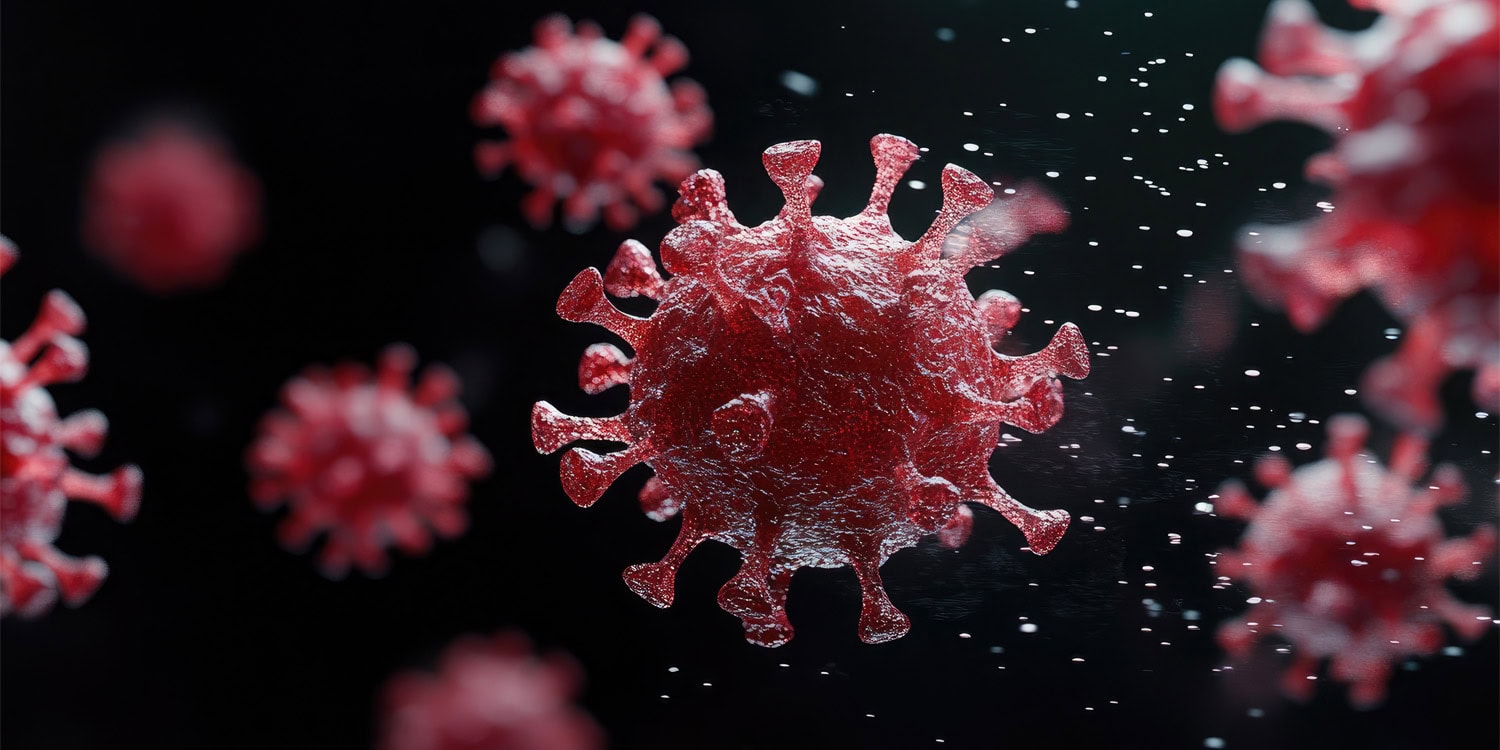A recent study published in Brain, Behavior, & Immunity – Health suggests that individuals who had COVID-19 may experience lingering cognitive difficulties, especially in areas like working memory and planning. Researchers discovered that, even six to twelve months after infection, people with a history of COVID-19 reported more problems with everyday cognitive tasks than those who were never infected. These findings could guide healthcare providers in developing supportive strategies for those affected by these challenges.
The motivation behind this research stems from a growing recognition of cognitive issues as one of the most burdensome symptoms for individuals recovering from COVID-19. Although many people have focused on the physical effects of the virus, such as fatigue and respiratory problems, cognitive impacts—like difficulties with memory, attention, and decision-making—can also disrupt daily life.
As “long COVID” continues to affect millions worldwide, researchers saw an urgent need to better understand how the virus might affect various cognitive skills over time. Previous studies indicated some of these difficulties but often used broad assessments that didn’t investigate specific cognitive abilities. This study aimed to be more precise by exploring different aspects of executive functioning in everyday life.
“The interest stems from the growing number of reports indicating long-term cognitive and neurological symptoms in the post-acute phase of COVID-19. Understanding which executive functions are particularly affected in the post-acute phase is critical for guiding healthcare and developing relevant treatment options for this newly emerged patient population,” said study author Sofie Buer, a clinical psychologist and PhD student at Lovisenberg Diaconal Hospital.
The study included 8,102 adults who participated in the Norwegian COVID-19 Cohort. Each participant completed a detailed questionnaire called the Behavior Rating Inventory of Executive Function-Adult Version (BRIEF-A), designed to measure cognitive abilities in day-to-day situations. Participants completed this assessment between April and September 2021, with nearly half having previously tested positive for COVID-19 and the other half uninfected.
The BRIEF-A tool contains 75 questions that ask respondents to rate their difficulties with daily tasks, such as remembering instructions, organizing activities, and monitoring one’s own behavior. The researchers looked at overall executive function through a composite score and two specific categories: behavioral regulation (or self-control) and metacognition (which involves tasks like remembering information and planning). Additionally, participants provided demographic details, such as age and health conditions, while vaccination information was gathered from Norway’s national registry.
The researchers found that individuals who had recovered from COVID-19 were more likely to report cognitive difficulties compared to those who never had the virus. A substantial number of the COVID-positive participants scored above the clinical threshold for executive function issues. The metacognition category saw the biggest disparity, with nearly 19% of the infected group struggling with working memory issues—nearly twice the rate of uninfected individuals. Working memory, which allows a person to hold information in their mind temporarily to complete a task, was notably problematic.
“One surprising finding was the extent to which working memory was affected compared to other aspects of executive functions,” Buer told PsyPost.
When adjusting for age, gender, and pre-existing health conditions, the results remained clear: those who had experienced COVID-19 were almost twice as likely to report high levels of executive function impairment within six to twelve months post-infection. Behavioral self-monitoring, which includes being able to recognize and correct errors in one’s own actions, was also more challenging for those who had the virus, suggesting that some people may struggle with basic aspects of self-regulation long after recovering from the acute symptoms of COVID-19.
“The average person should recognize that cognitive difficulties, especially with working memory and other aspects of executive function, may persist after recovering from SARS-CoV-2 infection,” Buer said. “These deficits can act as a barrier for regaining pre-illness functional levels and may require targeted interventions to help individuals manage these lingering effects of COVID-19.”
While the findings highlight potential cognitive aftereffects of COVID-19, there are limitations to keep in mind. The study was cross-sectional, meaning it looked at data from a single point in time rather than following participants over an extended period. This limitation makes it challenging to pinpoint when or if these cognitive issues fully resolve for most people.
“Future studies should investigate temporal trajectories to answer if these deficits improve over time and with specific interventions,” Buer explained. “Additionally, self-reports provide valuable information, however, future studies should incorporate more performance-based measures to provide a more in-depth understanding of these deficits.”
“The aim is to identify useful interventions that can specifically target the metacognitive domains affected by SARS-CoV-2 infection. This could involve cognitive rehabilitation therapies tailored to improve working memory and other executive functions.”
“I believe that these findings can help inform public health strategies and rehabilitation programs for those recovering from COVID-19,” Buer added. “Understanding that cognitive symptoms are a legitimate post-infection sequela should encourage more support for affected individuals.”
The study, “Executive Deficits After SARS-CoV-2 Infection: A Cross-Sectional Population Study,” was authored by S. Buer, B.I. Hagen, A. Søraas, R.A. White, R. Bø, M. Ellingjord-Dale, M.S. Istre, S.H. Brunvoll, A. Lerdal, N.I. Landrø, A.B. Nygaard, and J. Stubberud.




